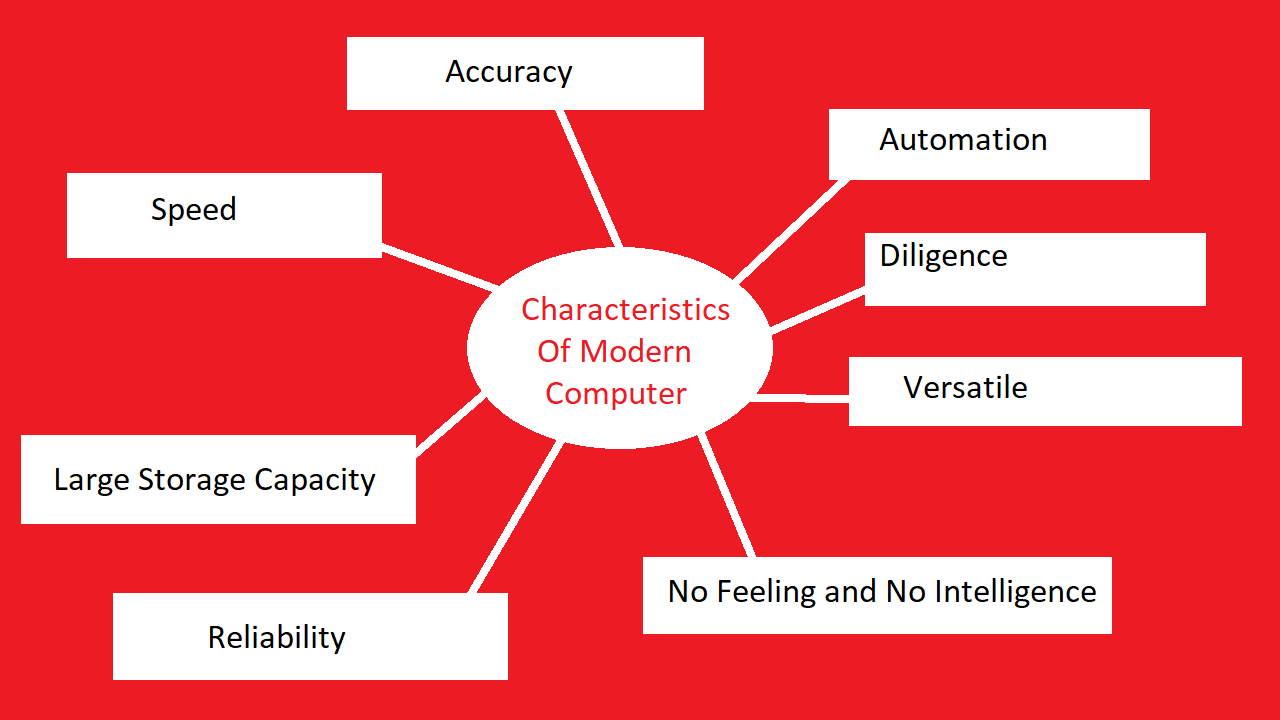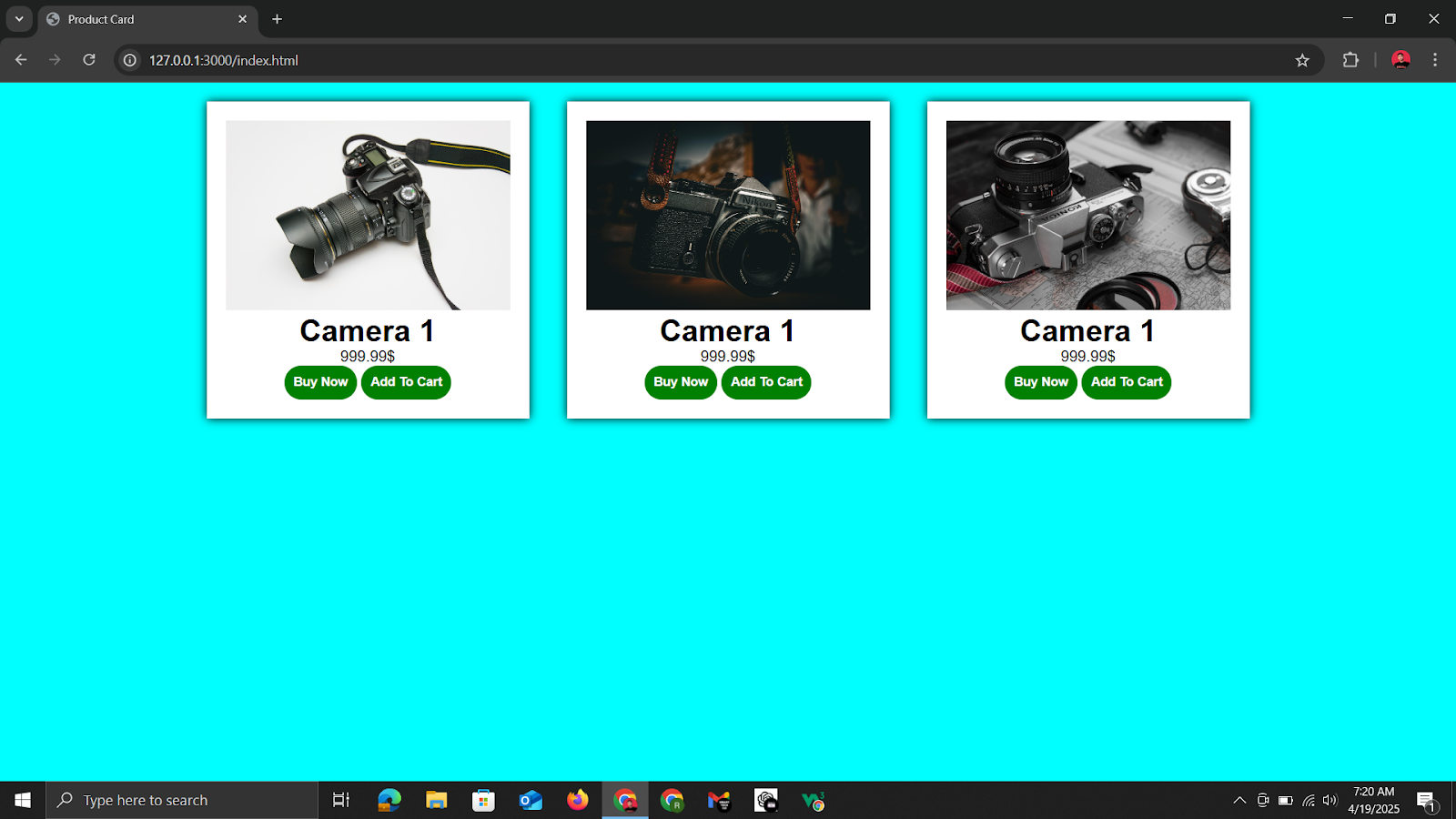Learn How to Code Like a Pro with These Beginner-Friendly Tips for Web Development
So, you’ve decided to dive into web development? That’s awesome! 🎉 Whether you want to build cool websites, land a remote job, or just flex your creative muscles, learning to code opens up a world of opportunities.
But let’s be real—starting out can feel overwhelming. HTML, CSS, JavaScript, frameworks, tools… where do you even begin?
Don’t worry! I’ve been there too. In this post, I’ll share 7 beginner-friendly tips that’ll help you start coding like a pro (even if you're just getting started). These are the tips I wish someone had told me earlier.
💡 1. Start with the Basics — HTML, CSS & JavaScript
Before you think about React, Node.js, or any of the fancy frameworks, master the core trio:
- ✅ HTML (structure)
- ✅ CSS (style)
- ✅ JavaScript (interactivity)
These are the foundation of every website on the internet. Don’t rush through them—really understand how they work.
Some beginner-friendly resources:
Practice by building simple things like:
- A personal portfolio page
- A to-do list
- A basic calculator
These projects will teach you more than just watching tutorials.
🧪 2. Don’t Just Watch Tutorials — Build Stuff
We’ve all fallen into the “tutorial trap”—binge-watching coding videos without writing a single line of code ourselves.
The secret? Code along with tutorials, then build something without copying.
Here are a few fun project ideas:
- Weather app using a free API
- Simple blog layout
- Quiz game with JavaScript
Even small projects will help you apply what you learn and level up faster.
🛠️ 3. Use the Right Tools
The right setup makes coding smoother. Here are some tools I personally recommend:
- VS Code: The most beginner-friendly code editor
- Live Server: Instantly preview your HTML/CSS changes
- Prettier: Automatically formats your code
- Emmet: Speed up your HTML writing
Oh, and don’t forget browser DevTools. Right-click → Inspect Element is your best friend for debugging and learning how websites work.
🔄 4. Learn Version Control (Yes, Git!)
This one might sound scary at first, but Git and GitHub are game-changers.
Why learn them early?
- Save and track changes in your code
- Revert mistakes without panicking
- Share your projects with the world
Start small:
git init
git add .
git commit -m "My first commit"
Then push your code to GitHub—it’s like an online resume for developers!
🤝 5. Join a Coding Community
Learning to code is way more fun when you're not alone.
Join a coding community where you can:
- Ask questions
- Share your progress
- Get feedback
- Stay motivated
Places to check out:
- Dev.to
- r/learnprogramming
- Discord coding servers
- Twitter (aka X)—follow devs who share daily tips
Trust me, being part of a community speeds up your growth like crazy.
⏰ 6. Be Consistent, Not Perfect
Let’s be honest—some days you’ll feel stuck, confused, or just tired.
That’s normal. Learning to code isn’t about being perfect. It’s about showing up every day—even if it’s just 30 minutes.
Here’s a simple tip:
“Code for 1 hour every day instead of 5 hours once a week.”
Tiny, consistent steps beat big, random sprints. Always.
🌐 7. Learn by Googling (Seriously)
Pro tip: Google is your best friend. Every developer uses it. Don’t feel bad for searching “how to center a div” 10 times—we all did!
Learn how to:
- Search effectively
- Read Stack Overflow answers
- Skim documentation for solutions
Solving problems by Googling is a real dev skill. Build that muscle early.
🚀 Final Thoughts
You don’t need to be a genius or have a fancy degree to become a web developer. All you need is:
- Curiosity
- Patience
- And a consistent learning habit
Start small, build things, and keep going. Every expert developer was once a beginner—just like you.
So go ahead, open your code editor and start your first project today.
And hey—if this blog helped you, share it with a fellow beginner and bookmark smarttechtip.com for more no-fluff, beginner-friendly tech tips.
You got this! 💪






